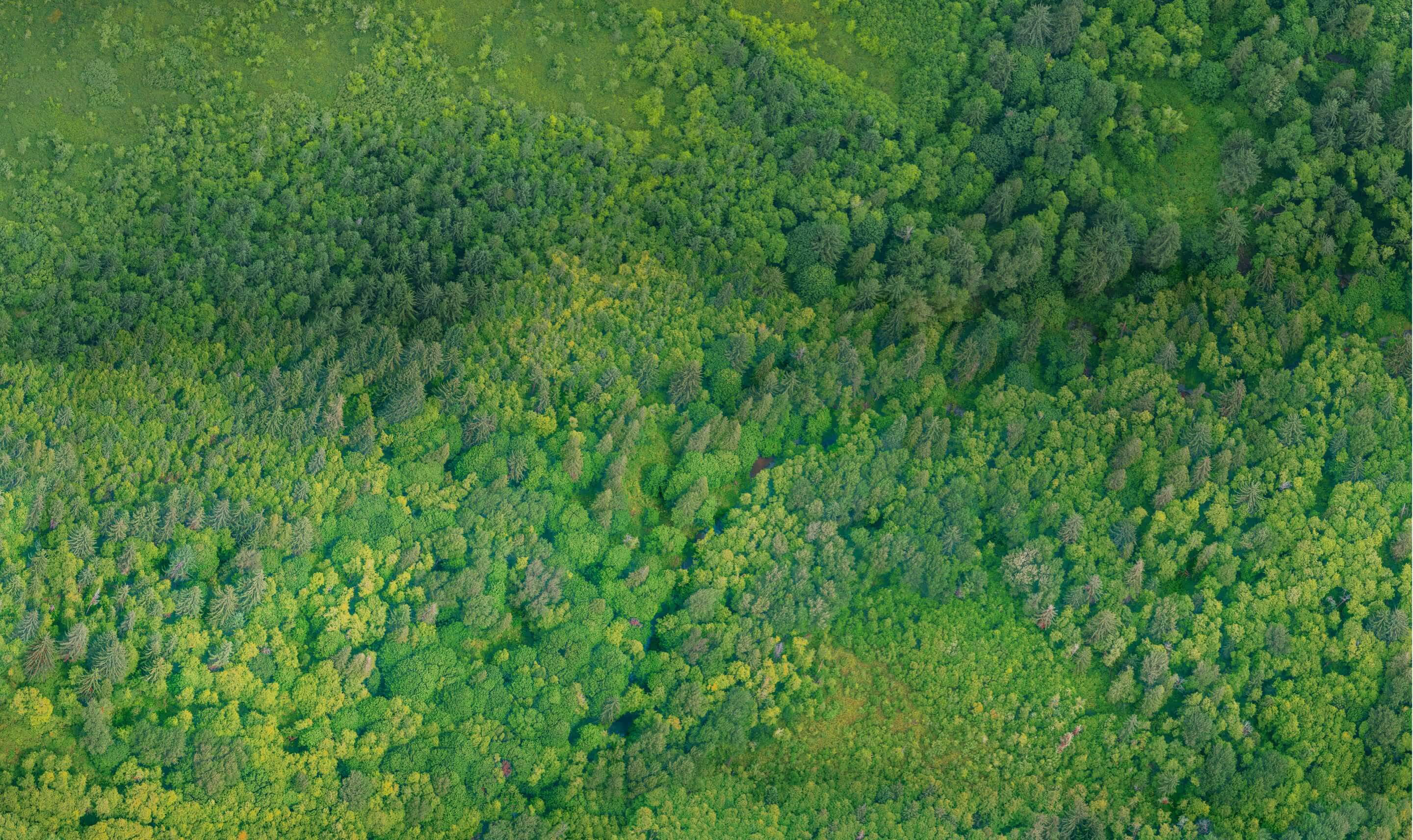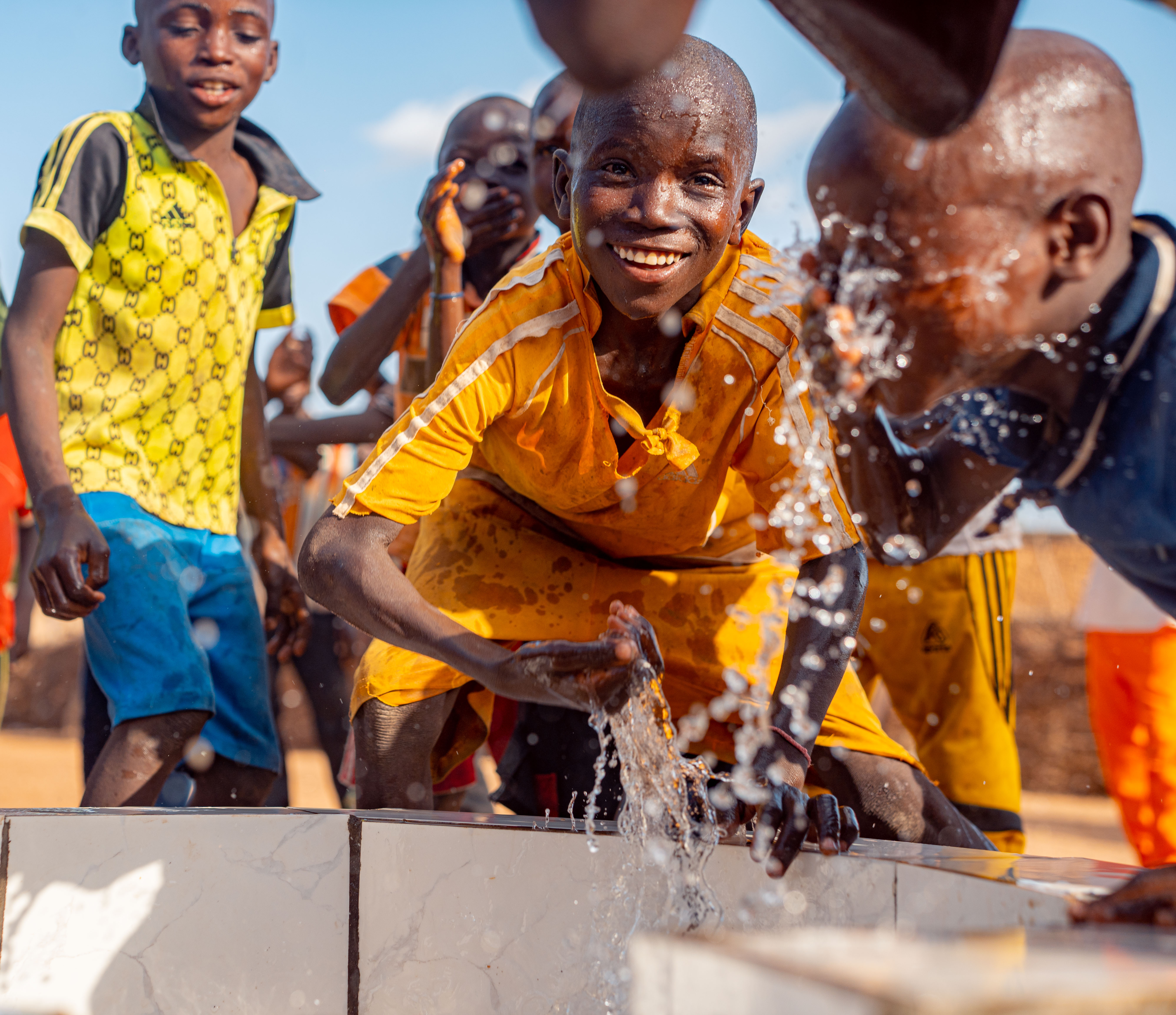Melting ice: understanding the causes and consequences

By 2100, half of our planet's glaciers are doomed to disappear. They melt faster than expected. This is the sad and alarming observation revealed by scientists from the National Center for Scientific Research (CNRS). The melting of the ice is accelerating. It now affects all regions of the world, even those that were previously spared. All we have to do is do everything we can to save the other half. It is not too late!

What is the melting of the ice?
Melting refers to the reduction in the amount of ice in ice sheets, glaciers, and ice floes. This acceleration in the disappearance of our glaciers is not the result of a natural phenomenon. Indeed, the melting of the ice is caused mainly by global warming due to greenhouse gas emissions. The main sources of greenhouse gas emissions are human activities such as the combustion of fossil fuels for electricity production, in particular, agriculture and livestock.
According to a study based on satellite observations, the Melting rate soared by 65% between 1994 and 2017In total, in less than 25 years, more than 28,000 billion tons of ice have disappeared. That's the equivalent of a 100-meter-thick layer of ice that would cover the whole of the United Kingdom!
The consequences of melting ice
Effects on temperature and climate
The melting of the ice is all the more worrying as ice plays a crucial role in the Earth's climate. Ice cream acts as a regulator. Glaciers and ice sheets reflect about 80% of the sunlight that comes to them, which in turn cools the surrounding atmosphere. When the ice melts, it therefore releases this heat, which increases the temperature of the atmosphere. A vicious cycle of warming. The hotter it is, the more the ice melts, the more the temperature rises.
Melting ice has a number of consequences that increase the risk of natural disasters. Indeed, the melting of the ice in turn causes a considerable increase in global sea level. The risks of coastal flooding and land collapse are increased. If we don't act, globally, by 2100, ocean levels could rise by more than one meter, or even 3 meters in the worst-case scenario. Entire cities like Dhaka in Bangladesh could be engulfed by the waters, threatening the homes of coastal populations. Millions of people would therefore be forced to move.
Second, melting ice also affects water cycles, changing river flows and lake levels. A threat to freshwater resources and crops. Indeed, Antarctica, for example, concentrates 70% of fresh water reserves. But as the ice melts, this fresh water mixes with the salty waters of the oceans, depleting the world's reserves.
Finally, melting ice can also disrupt weather systems and increase the risk of natural disasters such as storms, floods...
Impact of melting ice on ecosystems and species

Glacial environments are home to a great diversity of species, which depend on these environments for their survival. Melting ice is disrupting natural habitats, which has an impact on biodiversity.
The melting of the ice can cause the disappearance of the natural habitats of the species that live there. Polar bears rely on sea ice to hunt seals. Weddell seals and Adélie penguins rely on sea ice to reproduce.
This phenomenon can also affect food cycles and interactions between species. Les food chains are then also disturbed. For example, melting sea ice can disrupt phytoplankton and zooplankton communities that thrive under the ice. They are consumed by many marine species such as fish, molluscs or crustaceans. When these communities are disturbed, it can impact all the species associated with them, going all the way back to top predators such as seabirds, seals, polar bears, and whales.
Finally, the melting of the ice can also affect species that depend on glacial environments for their migration. This is the case for migratory birds or whales. It can also affect the reproductive behaviors of species such as seals and penguins.
It is therefore important to protect glacial environments in order to preserve the biodiversity associated with them.
What are the solutions to this phenomenon?
To combat the melting of the ice and its negative effects, there are large-scale solutions, but also more individual actions. It is urgent to limit the rise in temperatures, and to reduce C02 emissions, and all other greenhouse gas emissions that contribute to global warming.
Faced with this global phenomenon, it is above all at the international level that this is at stake. Les Governments must take responsibility and adopt effective measures. To do this, they can rely on the recommendations of the Intergovernmental Panel on Climate Change (IPCC).
More individually, we can all take action to limit the melting of the ice by reducing our carbon footprint. We can adopt a more responsible energy consumption, Use environmentally friendly modes of transport like riding a bike. Fighting against the melting of the ice also means adopt a more sustainable diet. Consuming local and sustainable products makes it possible to reduce emissions related to the transport of products and the impacts on the environment.
LIFE too engages. During the food distributions in favor of the most disadvantaged, all packages contain products that are purchased locally in the country, thus also promoting the local economy. To limit its carbon footprint, LIFE also distributes reusable bags. A good alternative to plastic. Indeed, plastic pollution in the oceans is one of the important factors in global warming.
The coordinated effort between governments and citizens is essential for the successful and effective implementation of these measures.



.avif)




.avif)
